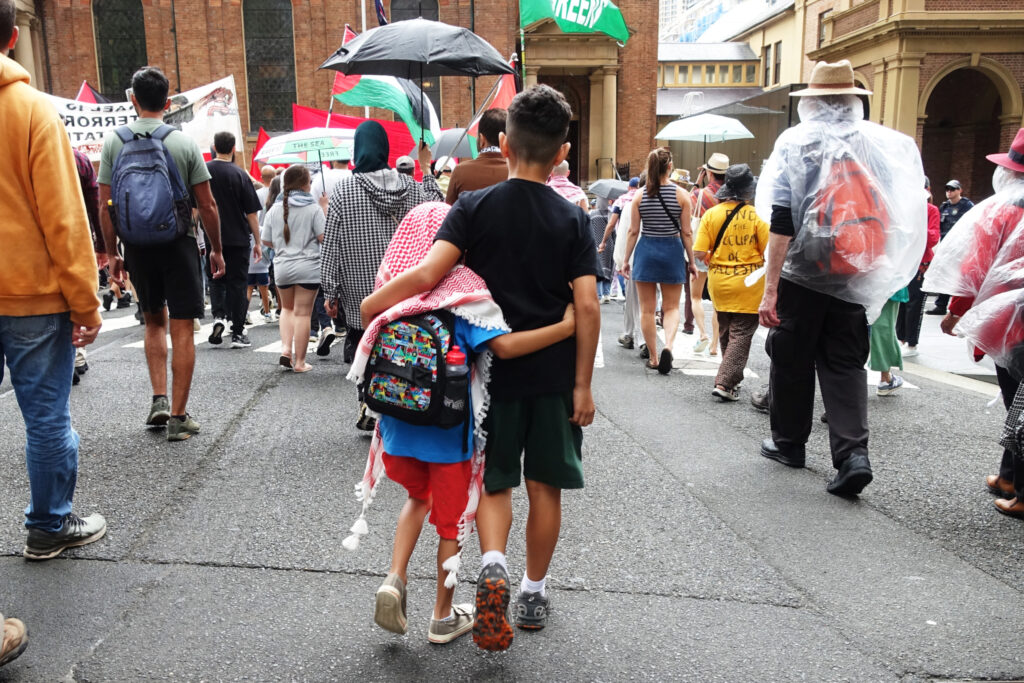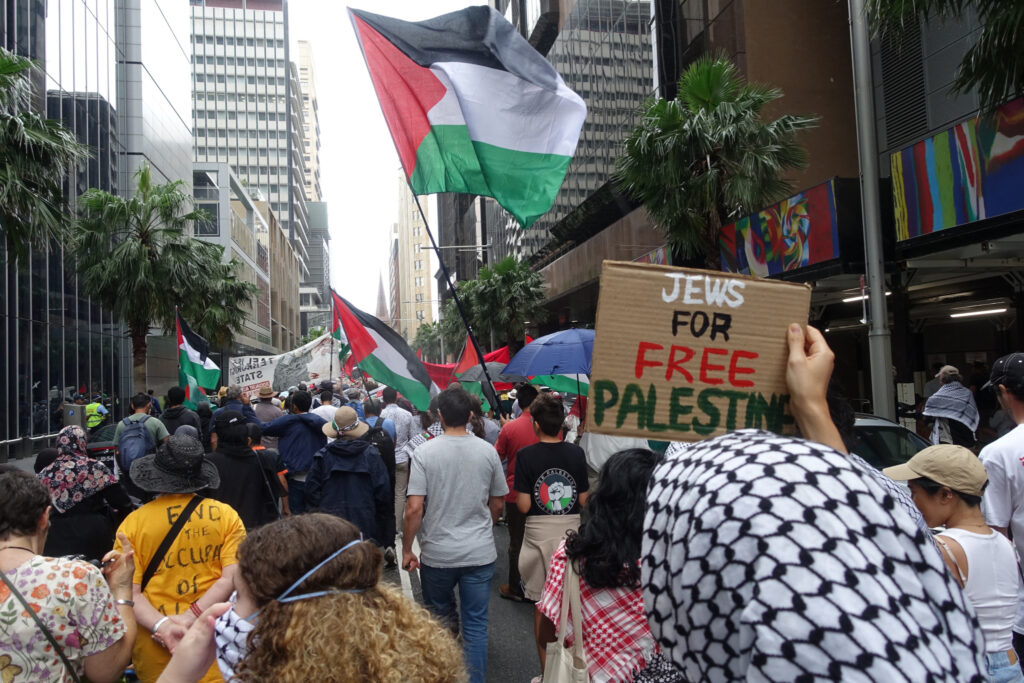I said I’d make a few comments about Lawrence’s telling of the years he spent fighting alongside the Arabs in WWI. I haven’t quite finished his book, but thought I’d explain why I found the manner of his death ironic, if that’s the right word.
As I mentioned, the closeness between men in a combat situation often leads to intense friendships and in the case of Lawrence one was his relationship with two Bedouin boys whose names were Daud and Farraj. In his book Lawrence writes he was hesitant to take them as servants, but the boys insisting he accepted, and quickly became fond of them. I read elsewhere they were orphans who had been inseparable friends since childhood. They were servants and combatants, but also pranksters who kept everyone amused with stunts such as taking the cream-colored camel of an Arab tribal leader and dying the animal’s head red and its legs blue. Lawrence saved them from whatever punishment was planned for the two whom the tribal chief had locked in a metal cage.
Daud died by drowning whilst crossing a river, believed to be the Jordan, and his death caused Farraj to slip into deep depression.
In a later action to take and destroy a railway bridge held by the Turks, Farraj galloped ahead, and despite calls to stop and shots fired over his head, he continued. Below is how Lawrence describes what followed.
I was very anxious about Farraj. His camel stood unharmed by the bridge, alone. He might be hit, or might be following the enemy. I could not believe that he had deliberately ridden up to them in the open and halted; yet it looked like it. I sent Feheyd to the Zaagi and told him to rush along the far side as soon as possible, whilst we went at a fast trot straight to the bridge.
We reached it together, and found there one dead Turk, and Farraj terribly wounded through the body, lying by the arch just as he had fallen from his camel. He looked unconscious; but, when we dismounted, greeted us, and then fell silent, sunken in that loneliness which came to hurt men who believed death near. We tore his clothes away and looked uselessly at the wound. The bullet had smashed right through him, and his spine seemed injured. The Arabs said at once that he had only a few hours to live.
We tried to move him, for he was helpless, though he showed no pain. We tried to stop the wide, slow bleeding, which made poppy-splashes in the the grass; but it seemed impossible, and after a while he told us to let him alone, as he was dying, and happy to die, since he had no care of life. Indeed, for long he had been so, and men very tired and sorry often fell in love with death, with that triumphed weakness coming home after strength has been vanquished in a last battle.
While we fussed about him Abd el Latif shouted an alarm. He could see fifty Turks working up the line towards us, and soon after a motor trolley coming from the north. We were only sixteen men, and had an impossible position. I said we must retire at once, carrying Farraj with us, They tried to lift him, first in his cloak, afterwards in a blanket; but consciousness was coming back, and he screamed so pitifully that we had not the heart to hurt him more.
We could not leave him where he was, to the Turks, because we had seen them burn alive our hapless wounded. For this reason we were all agreed, before action, to finish off one another, if badly hurt: but I had never realized that it might fall to me to kill Farraj.
I knelt down beside him, holding my pistol near the ground by his head, so that he should not see my purpose; but he must have guessed it, for he opened his eyes, and clutched me with his harsh scaly hand, the tiny hand of these unripe Nejd fellows. I waited a moment, and he said, ‘Daud will be angry with you,’ the old smile coming back so strangely to his grey shrinking face. I replied, ‘Salute him from me.’ He returned the formal answer, ‘God will give you peace,’ and at last wearily closed his eyes.
It is known Lawrence never recovered emotionally from the deaths of Daud and Farraj. He also carried the guilt of having lied to the Arabs about whether British assurances with regard to they creating a self-governing Arab state after defeating the Turks, could be trusted. In his book he often refers to himself as a fraud. Reflecting on this he wrote,
Yet I cannot put down my acquiescence in the Arab fraud to weakness of character or native hypocrisy: though of course I must have had some tendency, some aptitude, for deceit, or I would not have deceived men so well, and persisted for two years in bringing to success a deceit which others had framed and set afoot. I had had no concern with the Arab Revolt in the beginning. In the end I was responsible for it being an embarrassment to the inventors. Where exactly in the interim my guilt passed from accessory to principal, upon what headings I should be condemned, were not for me to say. Suffice it that since the march to Akaba I bitterly repented my entanglement in the movement, with a bitterness sufficient to corrode my inactive hours, but insufficient to make me cut myself clear of it. Hence the wobbling of my will, and endless, vapid complainings.
The Arab fraud was the secret 1916 Sykes-Picot Agreement between France and Britain defining how they would divide the Middle East between them once the Ottoman Empire was defeated. Contrary to what many have claimed, Lawrence was well aware of that agreement. The troubles in the Middle East today can be traced back, in part, to the treachery of the British and French during World War One.
In 1936, and aged 46, returning home from his military base, Lawrence was riding his motorcycle at recklessly high speed, and over a crest had to swerve to avoid two boys on bicycles, he crashed, and died of his injuries.



